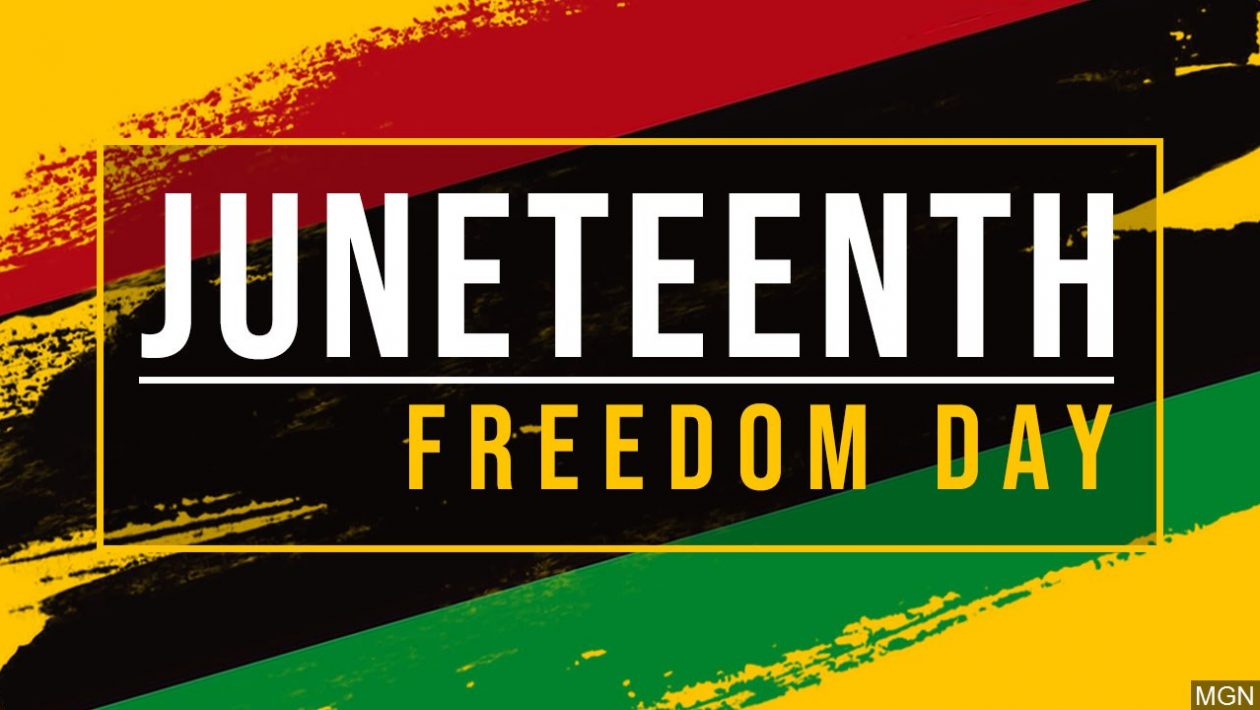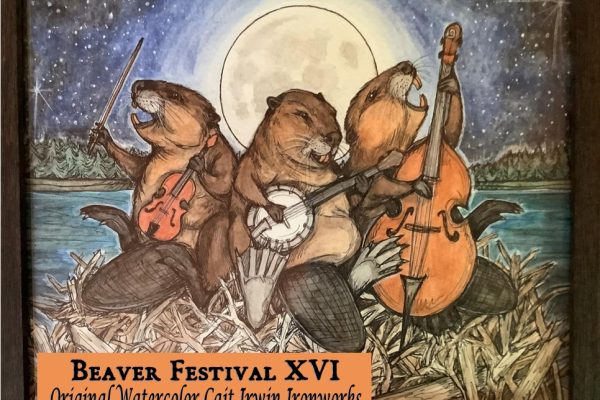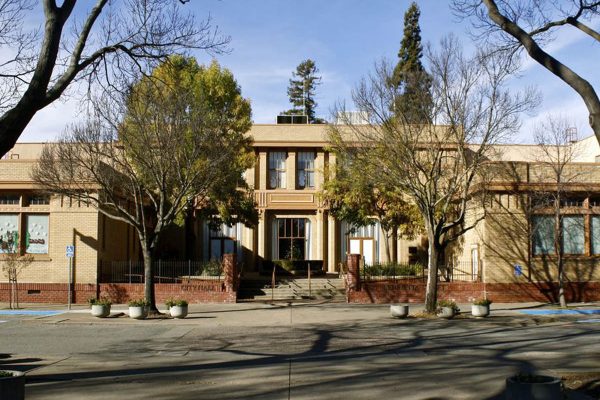Today’s date, June 19, is being celebrated more and more as “Juneteenth” and the end of slavery. But President Abraham Lincoln issued the Emancipation Proclamation Jan. 1, 1863. So, what does Juneteenth commemorate?
It marks the federal announcement of the end of slavery 155 years ago in Galveston, Texas, the last Confederate holdout after the Civil War ended in the spring of 1865.
The Texas State Library and Archives Commission said the name Juneteenth, a contraction of June and 19th, was given to Texas Emancipation Day, June 19, 1865, when Union Major-General Gordon Granger arrived in Galveston to read General Order No. 3 of the United States House 54th Congress:
“The people of Texas are informed that, in accordance with a proclamation from the Executive of the United States, all slaves are free. This involves an absolute equality of personal rights and rights of property between former masters and slaves, and the connection heretofore existing between them becomes that between employer and hired labor. The freedmen are advised to remain quietly at their present homes and work for wages. They are informed that they will not be allowed to collect at military posts and that they will not be supported in idleness either there or elsewhere.”
Various reasons have been suggested for the delay in announcing the Emancipation Proclamation – the murder of a messenger to slaveholders’ refusal to acknowledge Lincoln’s proclamation and federal authorities withholding the information to allow for one final harvest season.
Celebrations of what also was called “Jubilee Day,” began in 1866, and took place regularly into the 20th century, the Commission said. “African Americans treated this day like the Fourth of July, and the celebrations contained similar events,” according to the Commission description.
The day often started with a prayer service, after which speakers gave inspirational messages. The Emancipation Proclamation was read, and former slaves told stories of their lives. The celebrants often shared barbecue and other dishes, drank red strawberry soda, played games and participated in rodeos and dances, according to the Commission. In some cases, families traveled to Galveston to see where the freedom announcement was made.
As African-American Texans migrated, they brought the holiday to Louisiana, Arkansas and Oklahoma, Alabama, Florida and westward out to California.
Because some areas denied African-Americans a place for their celebrations, special sites were bought for Juneteenth activities, many of which carry “Emancipation” in their names, or have names that memorialize noted African-Americans.
Participation in the celebrations has risen and fallen through the years. Austin, Texas, revived its celebration in 1976 after a quarter-century pause. Often attendance and the number of events coincide with civil rights activities and concerns.
Juneteenth became a Texas state holiday in 1980, and since then, many Texas cities have parades, picnics and dances on that date.
Virginia and New York also have made it a formal state holiday, and 43 other states as well as the District of Columbia recognize Juneteenth as an unofficial holiday.
U.S. Senator John Cornyn (R-Texas) is pushing for Juneteenth to become a federal holiday. Speaking to the Senate about his bill, he noted that while Lincoln issued the Emancipation Proclamation in 1863 to free the slaves in the rebelling Confederate states. ‘But slaves in Texas wouldn’t learn this life-altering news for two and a half years,” he said.
The Emancipation Proclamation itself did not end all slavery. That document was issued during the third year of the Civil War, and said that people who were enslaved within the states rebelling against the Union “are, and henceforward shall be free.”
Slavery in border states that remained loyal to the Union was not affected. Confederate states that had fallen into Union control also were excepted, and the promised freedom was conditioned on the United States winning the Civil War.
It can be read in its entirety on the National Archives web page https://www.archives.gov/exhibits/featured-documents/emancipation-proclamation/transcript.html.
The 13th Amendment to the U.S. Constitution effectively ended slavery throughout the United States. Its Section 1 summary says, “Neither slavery nor involuntary servitude, except as a punishment for crime whereof the party shall have been duly convicted, shall exist within the United States, or any place subject to their jurisdiction.”





